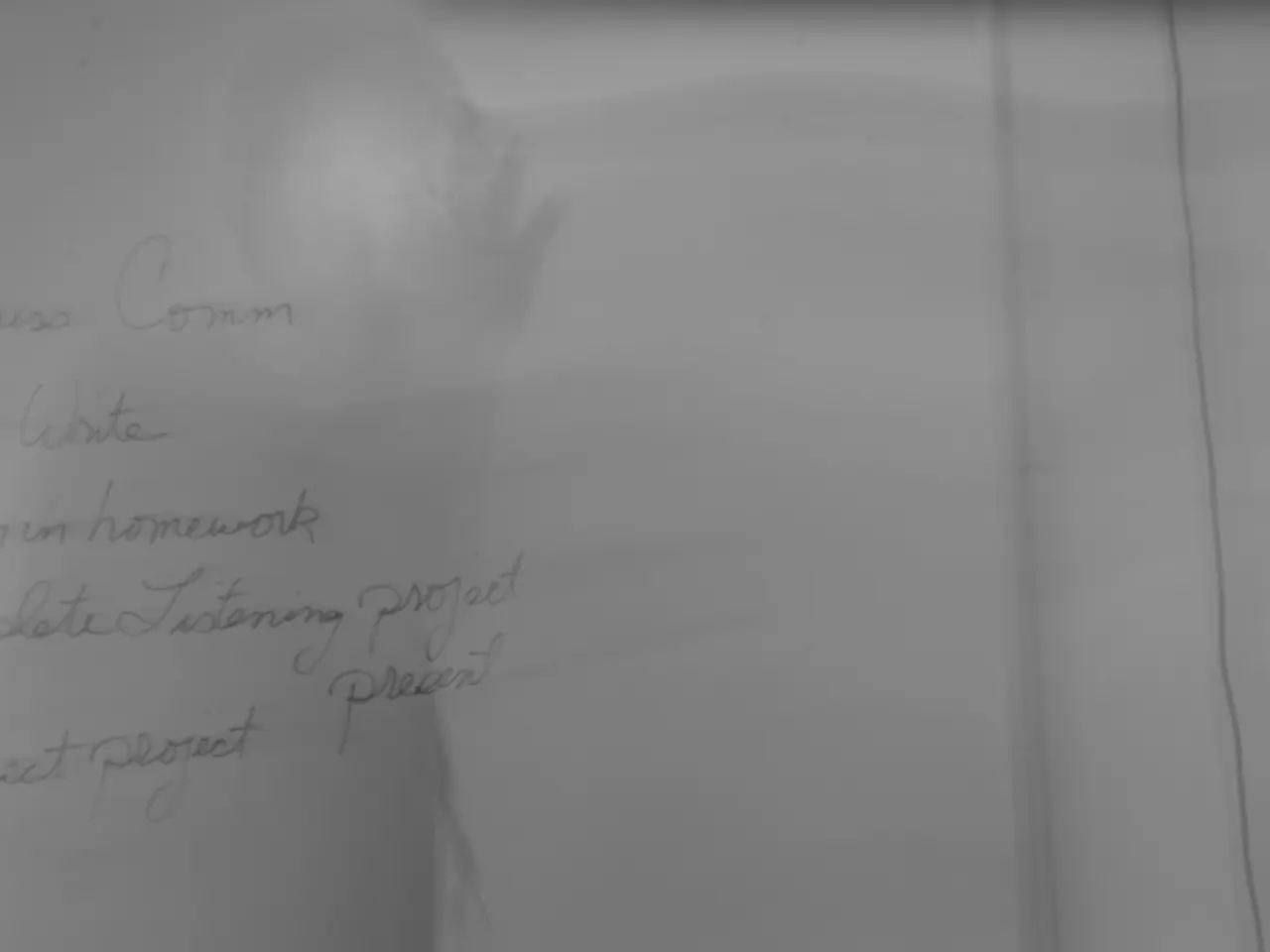Comprehensive Analysis of Klaus Schwab's Wealth and Influence: Delving into the Financial Empire and Power Base of the Prominent Global Leader
In the world of global economics, few names resonate as profoundly as that of Klaus Schwab, the founder and chairman of the World Economic Forum (WEF). The man behind the prestigious annual meeting in Davos, Switzerland, has amassed a significant fortune and influence, with his wealth primarily derived from his role at the WEF and strategic investments in various companies.
Schwab's earnings extend beyond his role at the WEF. He also generates income from book publications and engagements in educational projects. Moreover, his investments in innovative technologies and sustainable companies, as well as his philanthropic engagements, have significantly contributed to his personal balance sheet and economic trends.
Schwab's network is instrumental for future investments. His extensive connections, forged over decades in the global arena, provide him with valuable insights and opportunities. His philanthropic engagements, in particular, have strengthened his reputation and expanded his network.
However, controversies have not been absent from Schwab's journey. An anonymous whistleblower published allegations of misappropriated funds, but these claims have not been substantiated by credible or verified reports in reputable sources. While the WEF's initiatives, such as the Great Reset, have sparked various criticisms and conspiracy theories, none have linked Schwab personally to financial wrongdoing.
The Great Reset, an economic recovery plan proposed by the WEF in response to the COVID-19 pandemic, aims to reshape global economic and social policies. Despite attracting controversy and conspiracy theories, these often involve unfounded claims without any evidence linking Schwab personally to financial misconduct.
In summary, any allegations about Klaus Schwab’s controversial investments or misappropriation of funds appear to be part of unsupported conspiracy theories rather than facts backed by verifiable evidence. The World Economic Forum and Schwab’s initiatives are often criticized on ideological or policy grounds but not on proven financial misconduct.
As the world continues to grapple with economic uncertainties, the long-term effects of these controversies on Schwab's wealth remain to be seen. Regardless, the influence of Klaus Schwab, the architect of the World Economic Forum, extends far beyond economic borders, shaping the global discourse on economic recovery and sustainable development.
Schwab's investments in various sectors, including innovative technologies, sustainable companies, and educational projects, are part of his wealth-management strategy in the realm of personal-finance. His network, forged over decades in the global arena, provides him with opportunities in business and strategic investments.




